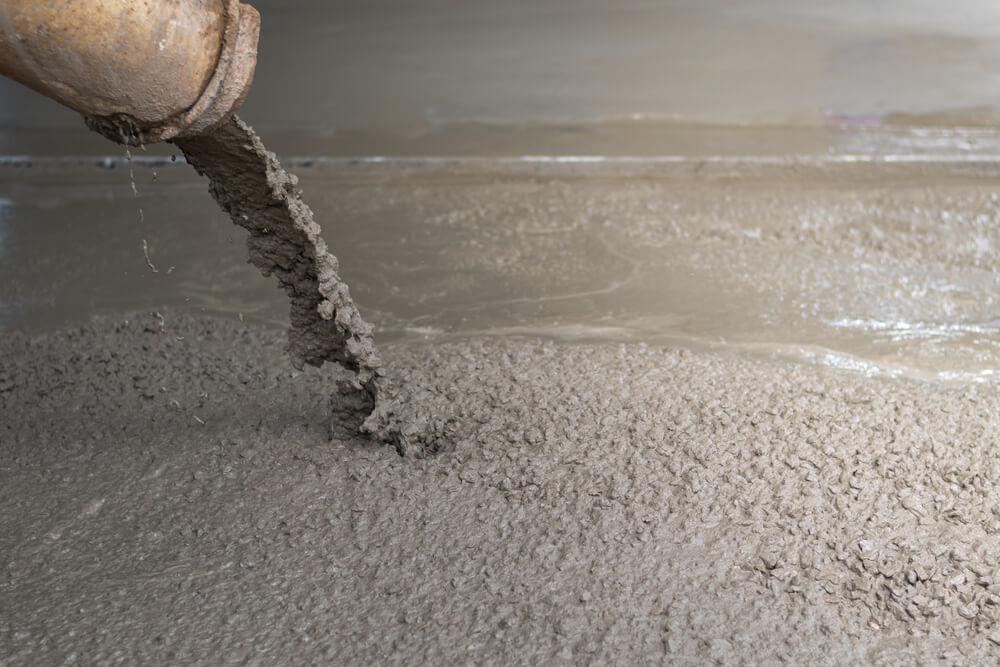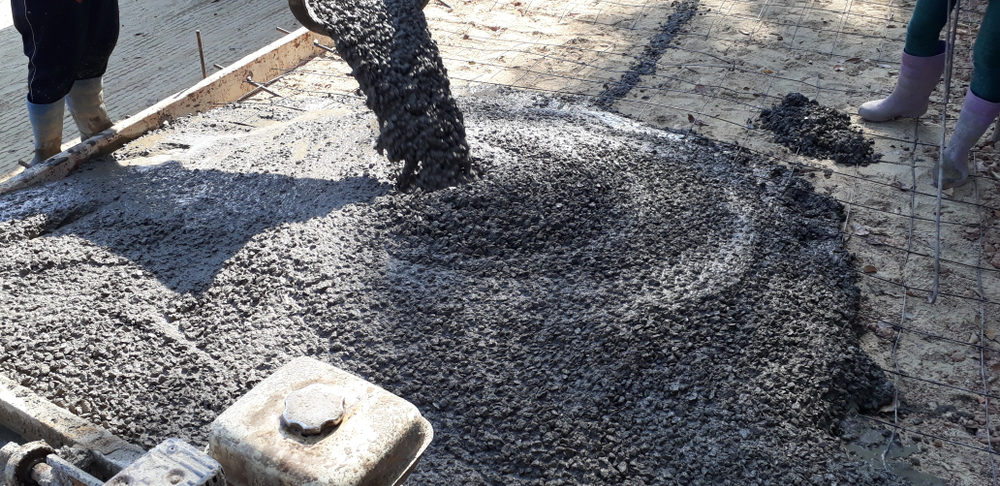The success of any construction project depends on many factors, but one of the most crucial is the type of concrete used. Whether building a driveway, a foundation, or a large commercial structure, selecting the right concrete can impact cost, efficiency, and durability. Two of the most common choices are volumetric concrete and ready mix concrete. Each has its own advantages and ideal applications. Understanding the differences can help contractors, engineers, and homeowners make the best decision for their needs.
What Is Ready Mix Concrete?
Ready mix concrete is pre-mixed at a batching plant according to specified proportions and then delivered to the construction site in a rotating drum mixer. This ensures a consistent mix and quality, making it a popular choice for projects requiring uniformity and reliability.
Benefits and Limitations of Ready Mix Concrete
Ready mix concrete provides consistent quality since it is mixed under controlled conditions, reducing the risk of weak spots. It also saves time because it arrives prepared for immediate use, cutting down on onsite mixing time and labor costs. Additionally, it minimizes material waste due to precise measurements.
However, it has limited workability time, meaning it must be poured and used quickly before setting. Delivery constraints can also make it costly, especially if the site is far from the batching plant. If additional concrete is required, extra deliveries must be scheduled, potentially causing delays.
What Is Volumetric Concrete?
Volumetric concrete is mixed on-site using a mobile batching unit, which allows for adjustments to be made as the concrete is produced. Instead of being pre-mixed, the raw materials are stored separately in the truck and combined at the construction site in real-time.
Benefits and Limitations of Volumetric Concrete
A key advantage of volumetric concrete is its flexibility. The mix can be adjusted on-site, ensuring the right amount of concrete is produced without excess waste. It also provides extended workability time since it is mixed as needed, avoiding premature setting. This makes it ideal for jobs that require different types of concrete or smaller batches.
However, volumetric concrete requires skilled operators to ensure correct proportions. If not handled properly, mix inconsistencies can occur, affecting structural integrity. Additionally, for large-scale projects, the time required to mix on-site may slow down progress compared to ready mix delivery.
Which Concrete Is Best for Your Project?
When to Choose Ready Mix Concrete
Ready mix concrete is best for large-scale projects that require a consistent mix, jobs where time efficiency is critical, and locations with easy access to batching plants. It is also ideal for projects that require strict adherence to mix design specifications.
When to Choose Volumetric Concrete
Volumetric concrete is a good option for projects needing different mix designs on-site, small to medium-sized jobs, and remote locations where ready mix delivery is impractical. It is also beneficial for reducing material waste.
Final Thoughts

Both volumetric and ready mix concrete have their advantages, and the right choice depends on the specific needs of the project. Ready mix concrete is ideal for jobs requiring consistent quality and large quantities, while volumetric concrete offers flexibility and efficiency for smaller or varied applications. By understanding these differences, construction professionals can make informed decisions that ensure the success of their projects.
Contact Richfield Concrete today to learn more about which concrete option is best for your next project.




